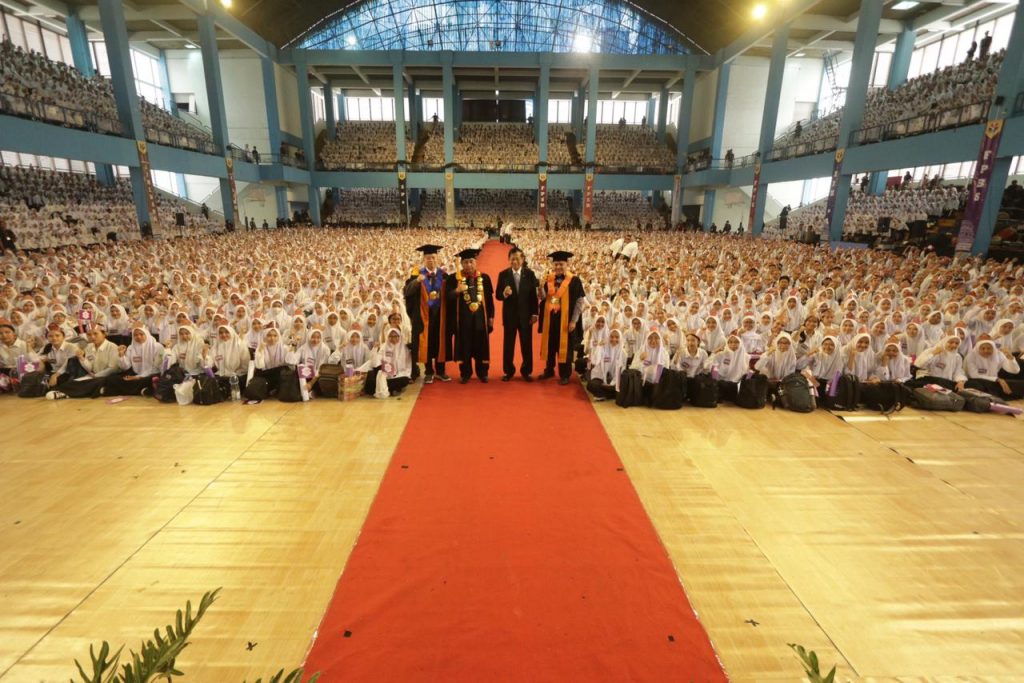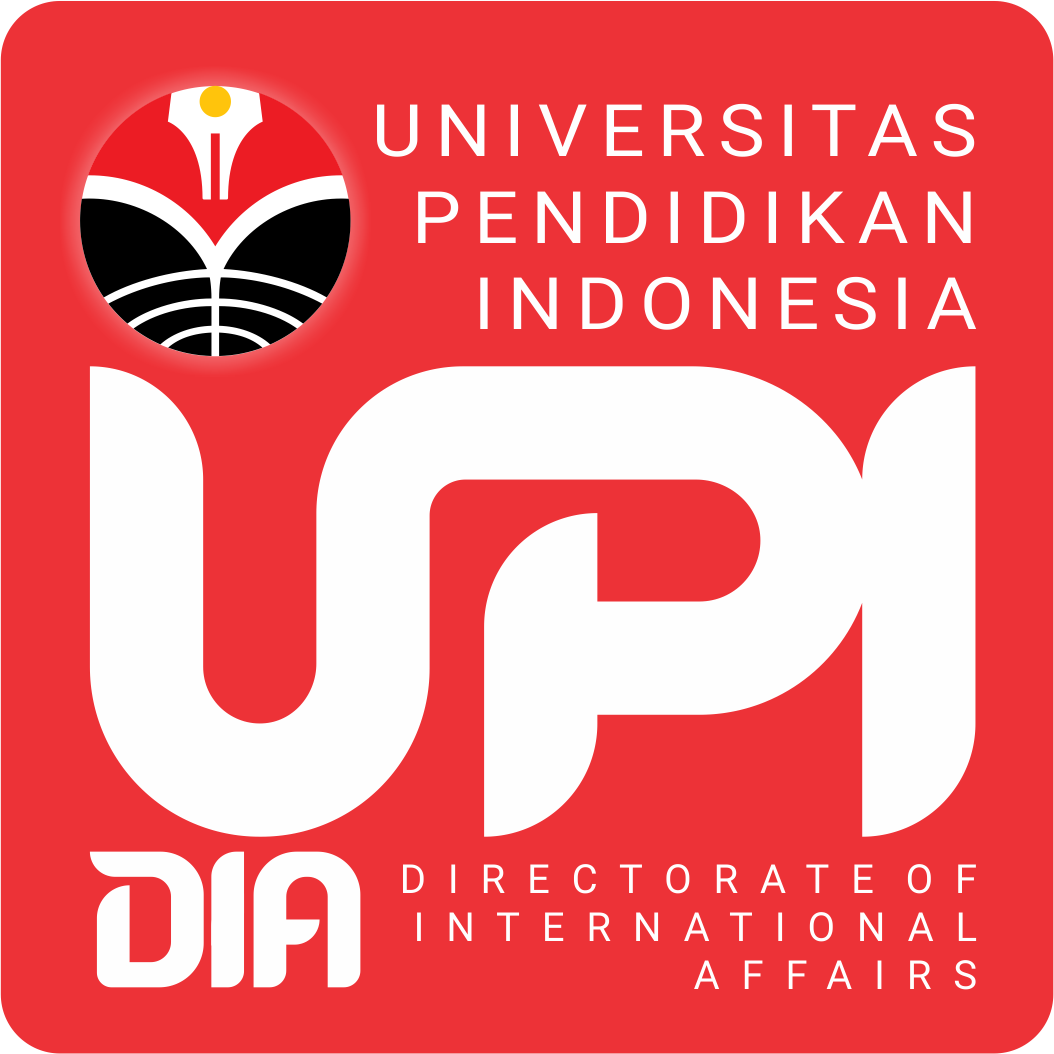

During the University of Education Indonesia’s (UPI) New Student Orientation and General Lecture event for the Academic Year 2023/2024, Prof. Dr. M. Solehuddin, M.Pd., M.A., the UPI Chancellor, underscored that UPI has dynamically developed its educational programs in alignment with the MBKM (Merdeka Belajar, Kampus Merdeka) principles. Nevertheless, the Chancellor highlighted that while the competencies acquired through academic programs are crucial, they are not the sole determining factors for success in the future.
The Chancellor articulated that contemporary education surpasses the mere attainment of degrees; it places a higher emphasis on fostering the ability for self-directed learning. He regards this capability as the foremost tool for acquiring a diverse skill set in the era of digitalization. The Chancellor emphatically conveyed to the students that certificates or degrees no longer hold the exclusivity as guarantees of success; rather, the capacity for lifelong learning takes precedence. The authentic character of a student is defined by their sustained propensity for learning, ensuring that their competencies remain pertinent amidst the evolving times.
Amidst the Fourth Industrial Revolution, the Chancellor posited that the ability to learn and cultivate competencies holds far greater value than the mere possession of academic degrees. The very notion of credentials derived from degrees has evolved; in today’s global landscape, individuals can effectively work or engage in business anywhere, provided they possess relevant skills and a fervent commitment to perpetual learning.
The Chancellor notably spotlighted that MBKM unfurls expansive opportunities for learning drawn from a multitude of real-world sources and experiences. Education, in this context, transcends the traditional classroom confines; it encompasses practical applications, internships, active participation in social initiatives, teaching, research endeavors, and a myriad of other activities that fortify the development of knowledge and skills.
Furthermore, the Chancellor astutely recognized Generation Z as a cohort that has matured alongside technology, adeptly navigating global interactions. He aptly views them as digital natives, proficiently harnessing technology for both learning and communication. This proficience assumes heightened significance in the contemporary era, where the ability to communicate seamlessly across diverse cultures holds substantial weight.
The Chancellor affirmatively stated that UPI is equipping its students to emerge as global citizens, cognizant that environmental challenges extend beyond national boundaries. In an era marked by escalating interconnectedness and mutual interdependence, faculties like critical thinking, creativity, innovation, and collaboration emerge as quintessential enablers of success.
Additionally, he made the announcement of the establishment of UPI’s Faculty of Medicine, a significant stride towards progress in the domains of health and sports within Indonesia. This milestone resonates as a pivotal endeavor in positioning Indonesia as a vanguard in healthcare and athlete/community well-being. The inception of this new faculty serves as a tangible manifestation of UPI’s unwavering dedication to cultivate exceptionally skilled medical professionals, particularly within the realm of sports medicine.
